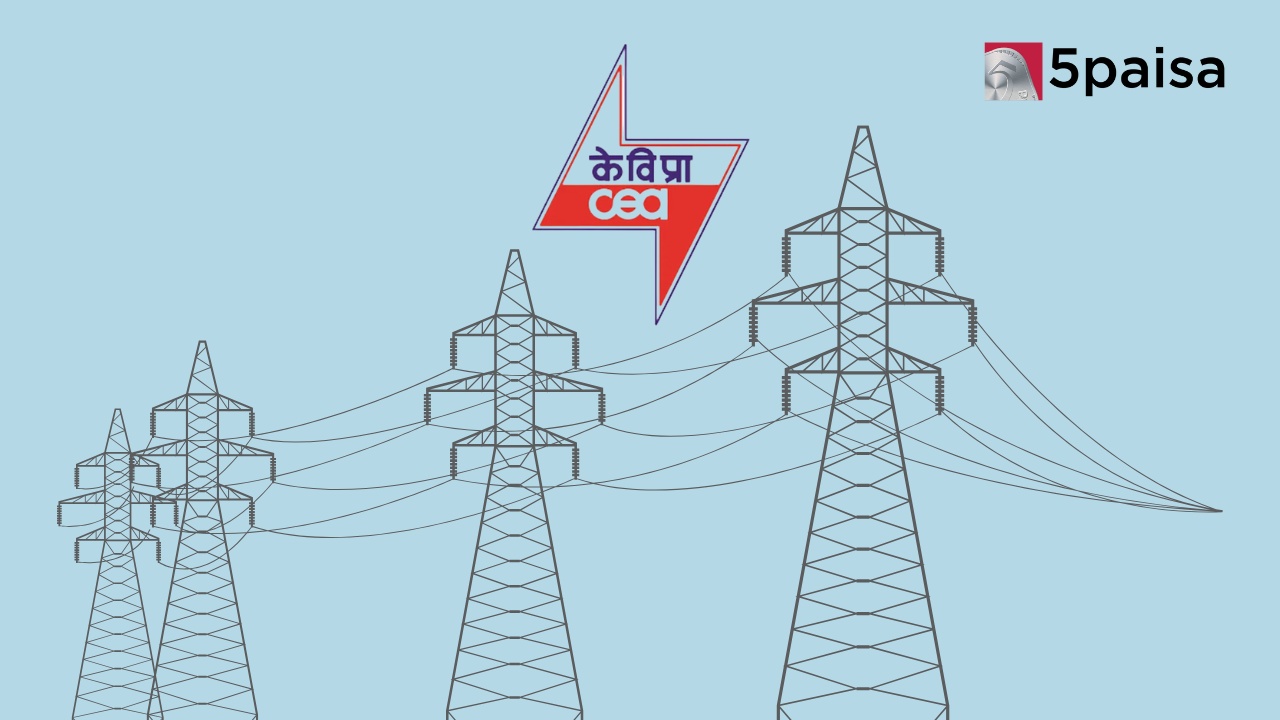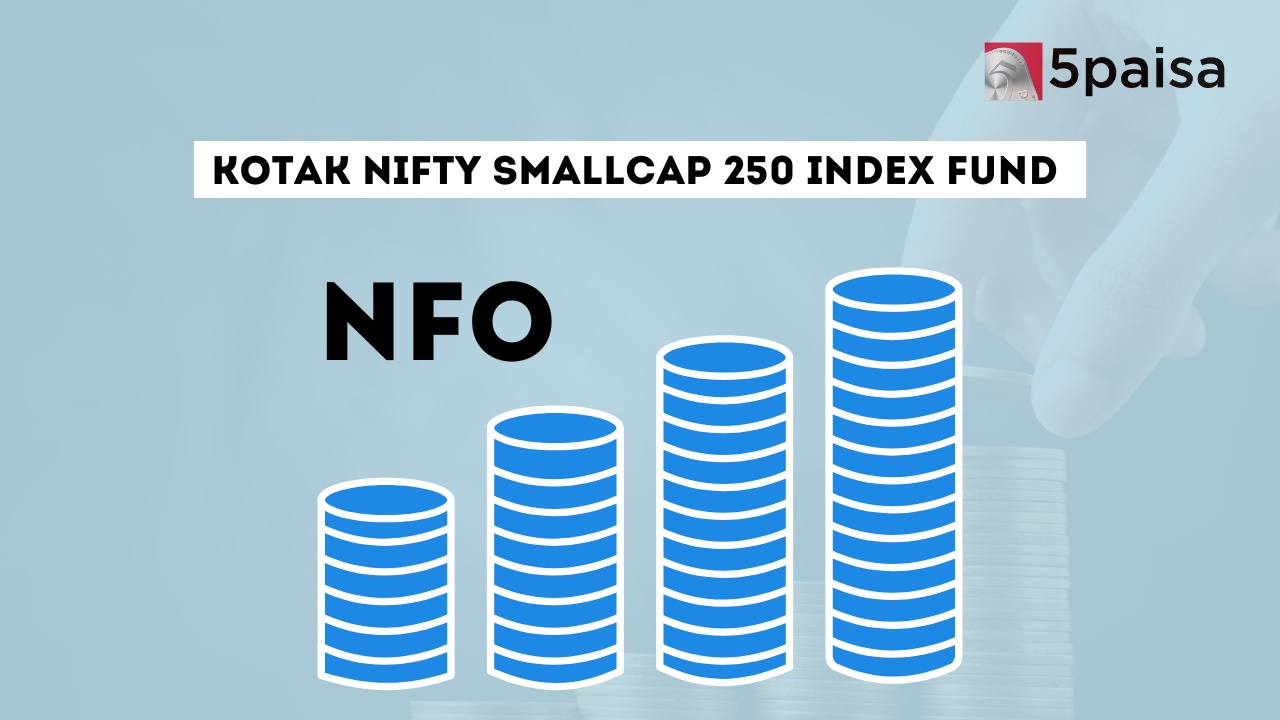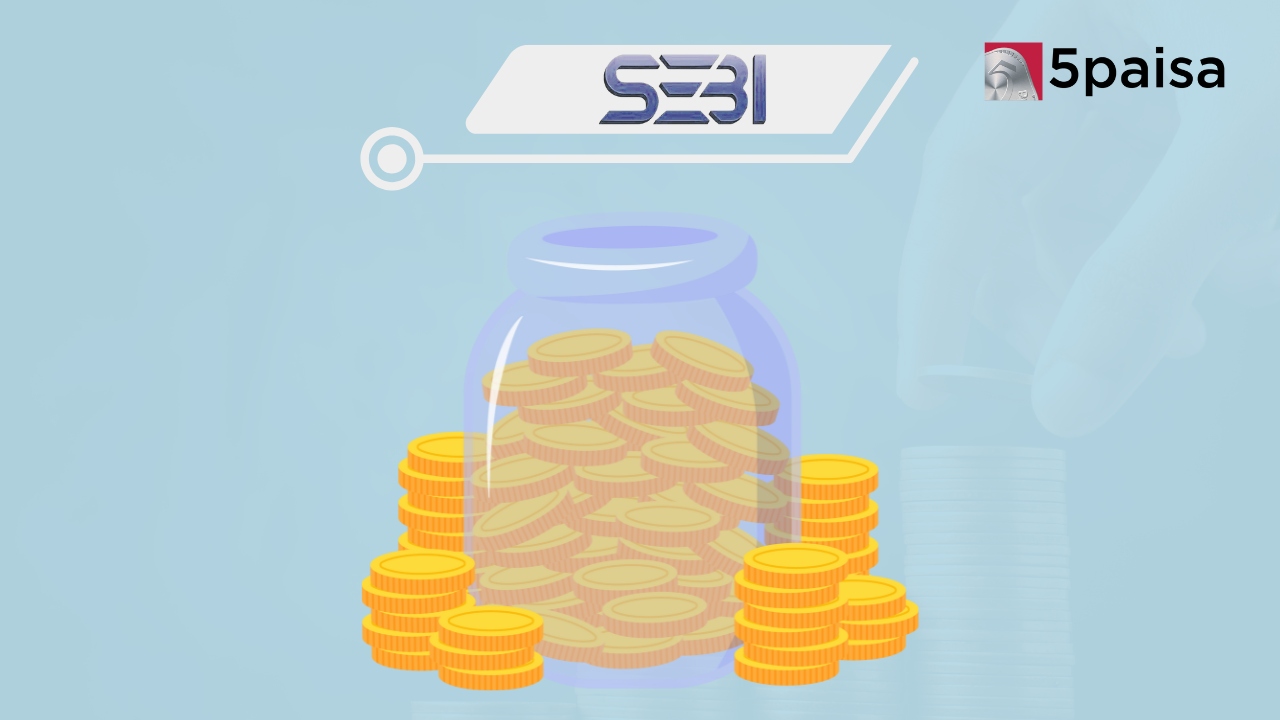Tata Motors to delist its ADS from the NYSE

Last Updated: 9th December 2022 - 01:37 am
In a rather interesting move, India’s largest automobile company (including the JLR franchise), has decided to delist its American Depository shares (ADS) from the New York Stock Exchange (NYSE). The company has already intimated the NYSE about its intent to delist the ADS from the American bourse. The decision to delist was voluntary and that is largely on account of the fact that the volumes on the ADS market are much lower than the volumes in the Indian market. with most FPIs preferring to buy the stocks directly in India, the attractiveness and lure of ADS has been gradually diminishing.
Let us quickly look at what is an ADS?
An American depositary share (ADS) typically entails the issue of equity share of a non-US company in the US markets like the NYSE. Typically, the non-US company will not directly issue shares to the investors, but would instead keep the shares with a large depository bank and that bank would in turn issue depository receipts against that. That is how the word American Depository Receipts (ADR) comes into play. ADR is what it is knowns as collectively and individual units are referred to as ADS. The equivalent shares of such companies are held in custody by the Depository Bank.
To recap the essential idea of an ADS, it refers to shares in foreign companies that are held in custody by a US depositary bank and the receipts issued by them against such shares are traded on the NYSE. ADS has a big market as it allows foreign companies to gain access to a much wider and also lucrative investor base. After all, the US remains the most sophisticated and advanced equity market in the world. ADS is denominated in US dollars and not in the local currency. The ADS is a negot9iabl certificate issued by the depository bank so it can be freely traded and exchanged just like you do with local shares in India.
An ADS facilitates trading of the shares and gives access to the foreign company to tap the lucrative American market. Such ADS can either trade over-the-counter (OTC) or on a major exchange like the NYSE, ASE or even the NASDAQ. However, issue of ADS entails adhering to the stringent US regulations and compliance requirements and hence this is normally attempted only by the very large companies. Tata Motors is one such company that has issued ADS in the US markets and it is now planning to delist the ADS from the NYSE.
But, why does Tata Motors want to delist its ADS from NYSE?
Tata Motors has notified the New York Stock Exchange of its intent to voluntarily delist its American Depositary Shares. What's the reason for this, and how will it help the company? Remember, each AD represents 5 ordinary shares in the case of Tata Motors. There are several reasons offered by Tata Motors for this decision to delist Tata Motors ADS from the NYSE.
• The ADS, which was first issued in the year 2004 by Tata Motors. Since then, the Indian markets had seen substantial increase in liquidity and foreign shareholder participation in the equity stock markets in India. Hence, the ADS listing did not offer much additional value to Tata Motors in terms of attracting the global investors.
• Another reason proffered by Tata Motors for this decision is that there had been a consistent drop in the number of American Depository Shares (ADS) outstanding as a percentage of its total outstanding shares. That had defeated the very logic of having a US listing and that had triggered this decision by Tata Motors.
• There is also a more pragmatic reason for this move. For instance, going away from the ADS will substantially simplify its financial reporting requirements and largely be instrumental in reducing the administrative costs.
• Also, Tata group in general and Tata Motors in particular is keen to focus its entire trading of equity shares on the BSE Ltd and the National Stock Exchange of India, post the delisting of the ADS from the NYSE.
• The company has also had a problem with the volume of trading in the OTC market, which are informal markets outside the purview of the traditional market mechanism. Tata Motors also feels that by delisting the ADS from NYSE, it would drastically cut down on the OTC volumes, since regulatory restrictions do not permit OTC trading in the Indian context.
Overall, for Tata Motors, it is about the improving profile of the Indian markets, greater traction for FPIs in India and the reduced regulatory and compliance requirements.
- Flat ₹20 Brokerage
- Next-gen Trading
- Advance Charting
- Actionable Ideas
Trending on 5paisa
01
 5paisa Research Team
5paisa Research Team
06
 5paisa Research Team
5paisa Research Team
Indian Market Related Articles
Disclaimer: Investment in securities market are subject to market risks, read all the related documents carefully before investing. For detailed disclaimer please Click here.




